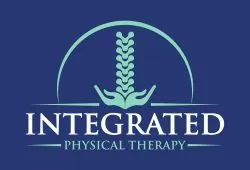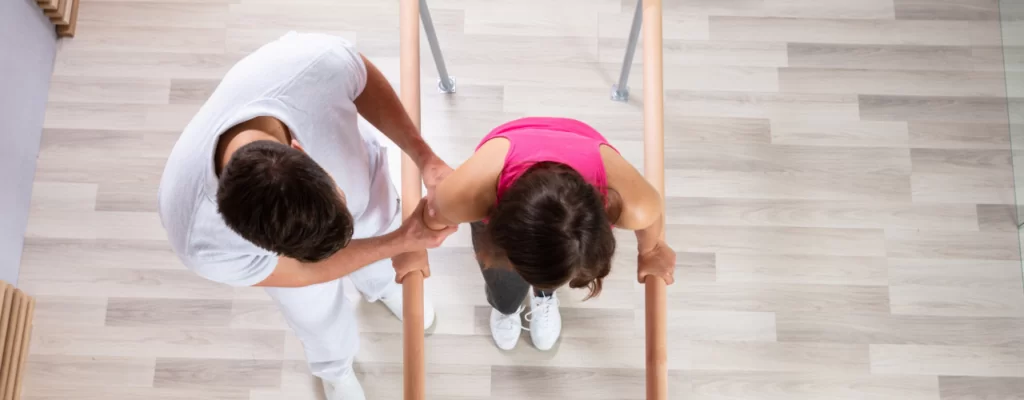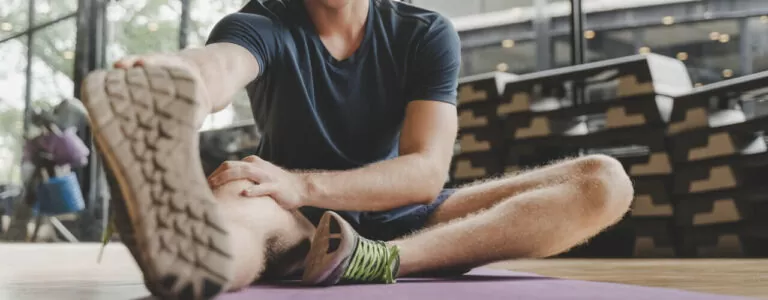When you wake up in the morning, do you feel achy? While aches and pains are common from time to time, waking up every morning with them can indicate a more serious problem.
If you wake up with painful sensations for no apparent reason, don’t hesitate to contact Integrated Physical Therapy for help as soon as possible.
We’ll get to the source of your issue to help you find relief, so you may wake up feeling refreshed in the mornings!
Why is my pain worse in the morning?
Overuse of your joint tissues throughout the day might aggravate them without you even noticing it. When you fall asleep, you are pretty much immobile for several hours, which can cause tissue inflammation to thicken and irritate the affected area further. As a result, you feel stiff and achy when you wake up in the morning.
Most of the time, after you get up and walk around, this feeling will dissipate. This is due to the fact that movement causes the inflammation to become liquid-like, reducing pain.
Hydration is an easy way to avoid aching morning wake-up calls. Dehydration slows down your chemical processes, however, being hydrated permits your body’s tissues to work at their regular rate. This will protect your tissues from becoming excessively inflamed, which will help to relieve inflammation.
How can physical therapy help relieve aches and pains?
Your physical therapy treatment plan will be determined by your symptoms and/or diagnosis. In addition to your customized treatment plan, many physical therapists will recommend at-home remedies. On your path to wellness, your physical therapist will most likely give you the following advice:
- Practice proper posture. Avoiding unwanted aches and pains can be as simple as maintaining proper posture. Try to get up every half hour for some light stretches if your job needs you to sit at a desk for extended periods of time or if you stay sedentary for lengthy periods of time every day. Move around and keep your circulation running to relieve joint pain. Make sure your spine is straight and your shoulders are back at your desk to avoid slouching or hunching.
- Maintain a good sleep schedule. Getting a good night’s sleep creates an endless cycle of benefits, especially when it comes to physical therapy. Sufficient amounts of sleep will increase your ability to exercise effectively, which in turn will help you sleep better at night. Your sleep and exercise habits go hand-in-hand, and the results of one will always affect the other.
- Eat healthy. You can lessen the recurrence of pain by watching what you eat! It’s important to eat lots of brightly colored fruits and vegetables. These nutritious meals are higher in antioxidants and vitamins, which help to reduce inflammation, which causes pain and irritation. A better diet also aids in improved sleep and allows your body to reap more benefits from exercise, furthering the never-ending cycle of benefits.
Common pain conditions physical therapy can help with
If your doctor has diagnosed you with a serious medical condition, or you’ve sustained a painful injury that impacts your joints and tissues, physical therapy would be the most beneficial next step.
Physical therapy is a common and effective treatment plan for pain relief that most doctors will suggest. Here are some of the most common ailments that can be relieved with the guidance of a physical therapist:
- Gout.
- Lupus.
- Tendinitis.
- Chronic headaches.
- Sprains.
- Strains.
- Bursitis.
- Sports-related injury.
- Osteoarthritis.
- Rheumatoid arthritis.
All of these conditions can cause aches, pains, and stiffness. Physical therapy treatment plans for these conditions will focus on helping you achieve a greater range of motion in your affected joints or limbs, in addition to providing pain relief. These work to improve overall function and help you get back to your normal mobility.
If you are living with constant aches and pains, it is in your best interest to consult with a physical therapist. Your physical therapist will conduct a physical evaluation to determine the origin of your pain and create a treatment plan accordingly.
This treatment plan will work to relieve your pain and improve your function, with your physical therapist acting as a support system through every step along the way.
Treatment plans consist of targeted stretches and exercises to help you recover from your condition. Additional treatment methods may also be added to your treatment plan as your physical therapist deems fit.
Give our clinic a call for an appointment
You don’t have to keep saying no to doing things you love because of your fear of chronic pain. If you are living with aches and pains, contact our office today to find out how we can help! We’ll get you back to living life on your own terms without the use of medication!




